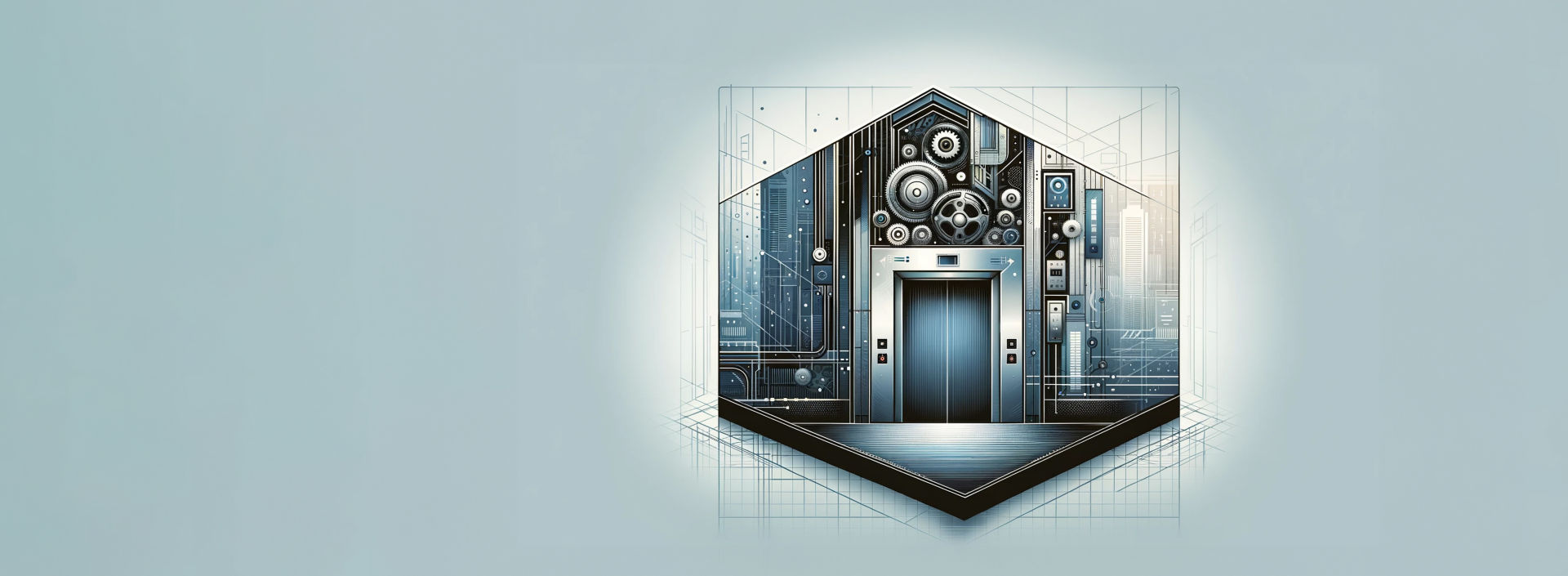Elevator door sensors play a vital role in ensuring the safe and efficient operation of elevators. These sensors detect the presence of objects or people near the elevator doors, preventing accidents and ensuring that doors do not close when someone is in the way. Understanding the potential issues that can cause elevator door sensor failures is essential for maintaining safe and effective elevator service.

Dirt, dust, or debris can easily get on or around elevator door sensors. This blockage can prevent the sensors from detecting when someone is in the door’s way. If you notice that your elevator doors are closing too fast or do not open, check for dirt or blockages that could interfere with sensor function. Regular cleaning can prevent these issues and maintain safe operability.
Sensor misalignment is a common cause of elevator door sensor failures. Sensors must be properly positioned to detect objects accurately. Even slight misalignments can significantly impact their performance. Regular maintenance and adjustments can help keep the sensors aligned. If you notice the doors do not open or close correctly, it may be time to check the alignment of the sensors or consult a technician to fix the issue before it becomes a safety risk.
Electrical faults and wiring issues can disrupt the operation of elevator door sensors. A damaged wire can result in inconsistent sensor readings or complete failures. Regular inspections of electrical connections and wiring integrity are essential to prevent these disruptions. Learning how to identify signs of wiring issues, such as flickering lights or unusual sounds, can help in troubleshooting early.
Elevator sensors are critical for safety, thus implementing a well-structured maintenance program is essential. By scheduling regular checks, you can identify potential issues before they escalate. Ensuring that your elevator systems are up to date can make a significant difference in overall safety and functionality.

FAQs about Common Causes and Solutions for Elevator Door Sensor Failures
What are elevator door sensors and why are they important?
Elevator door sensors are devices that detect movement and obstacles near the elevator doors, crucial because they prevent accidents, injuries, and damage by ensuring doors do not close unexpectedly.
How can dirt and debris interfere with elevator door sensors?
Dirt and debris can block elevator door sensors, preventing them from detecting obstructions and potentially causing doors to close on people or objects.
In what ways does sensor misalignment contribute to failures?
Sensor misalignment prevents sensors from accurately detecting objects, compromising their performance and potentially leading to safety risks.
Could electrical faults or wiring issues affect sensor functionality?
Electrical faults or wiring issues can disrupt sensor functionality, leading to inconsistent readings or sensor failures.
How do environmental factors and mechanical wear lead to sensor malfunctions?
Environmental factors like moisture and mechanical wear can cause sensor malfunctions by corroding connections and misaligning parts over time.
Elevator door sensors play a vital role in safety. We explored how dirt, misalignment, electrical faults, and worn parts can lead to sensor failures. Software errors and outdated tech also impact performance. Regular sensor checks and maintenance ease these issues. Addressing these factors ensures safer, more reliable elevators. Remember to keep sensors clean and aligned, and update their software. Call professionals when needed, but start with simple checks. Stay proactive with thorough maintenance protocols and up-to-date tech to avoid future problems. With these steps, elevator door sensor reliability will greatly improve.

